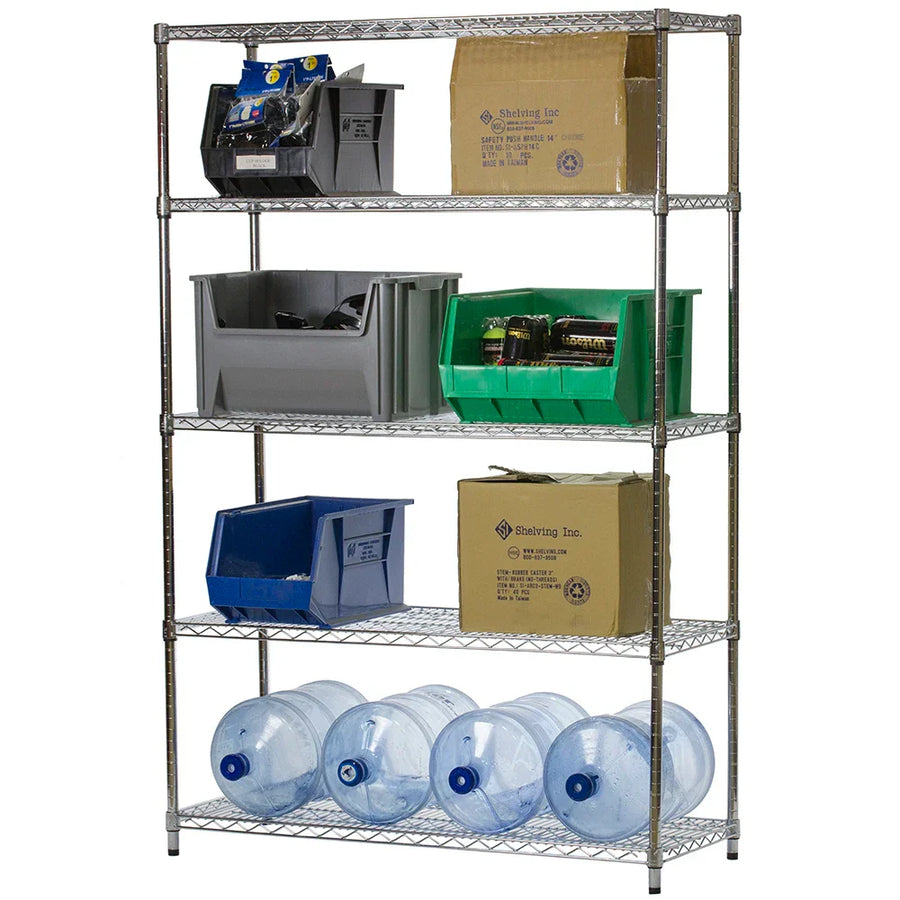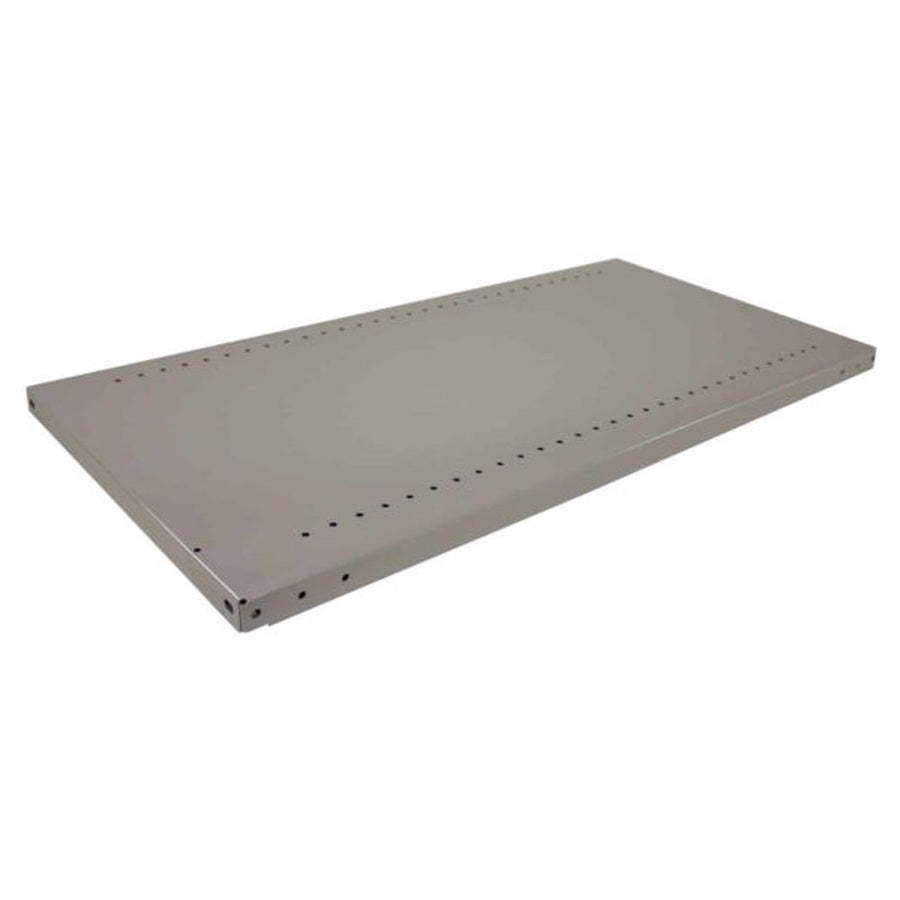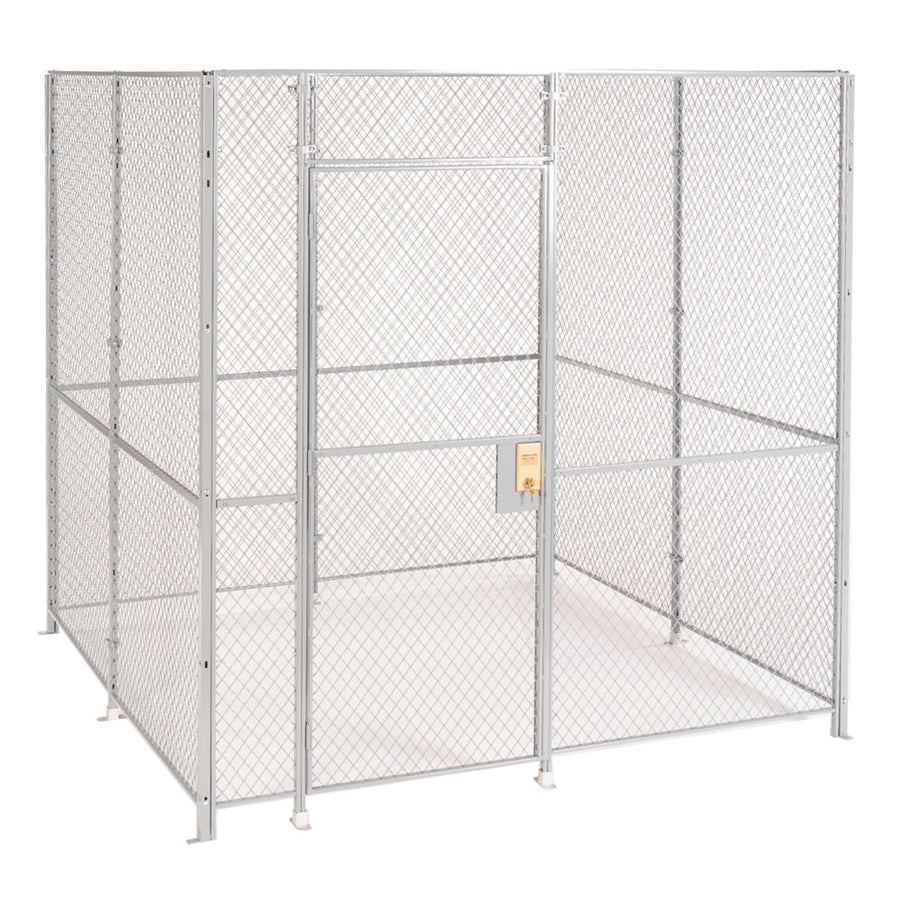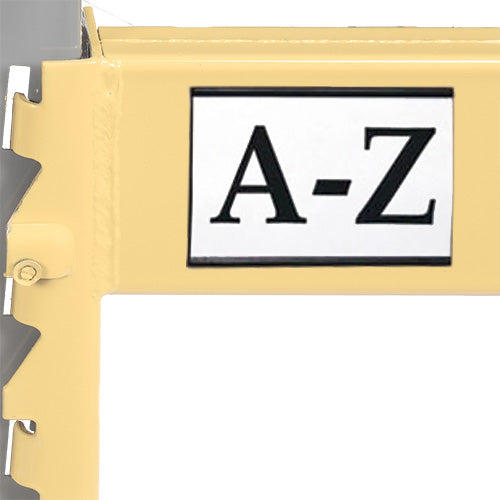Every business has pretty similar records they’ll have to deal with at some point. There’s employee paperwork, tax records, shipping invoices, inventory reports...it can all start piling up if you’re not careful.
So maybe you’re planning on going through your records and figuring out what to keep and what you can get rid of; you’ve got some time set aside and you’ve brought in some long-term record storage to hang onto whatever you need to keep. But how exactly can you tell which records you can hang onto and which records you can get rid of? Here’s a quick guide to some of the most common corporate records you might run into, and how long to keep them before they’re safe to get rid of:
Tax Records: Easily the most common corporate record your business will encounter, it’s always a good idea to hang onto your tax records - but not for as long as you expect. While the Internal Revenue Service advises you hang onto copies of tax returns indefinitely, any other records related to taxes you might have only need to be kept for a minimum of three-to-six years. This may change depending on how your business files taxes (or doesn’t, as the case may be) but three is the absolute minimum you should hang onto your tax papers. Employment tax records such as FICA taxes and unemployment tax should be kept for four years after they’re paid for.
Human Resource Files: Speaking of employees, you’ve probably amassed a pretty impressive collection of employment files related to current and former employees - but what are you going to do with them? Obviously, files relating to current employees should be retained for the length of their employment, and any worker who leaves or is terminated should have their records retained for at least 7 years after they’ve left. Accident or injury reports should be kept for 7-10 years, even after the matter was resolved, in case further review of the records are needed.
Bank Statements: Bank account and credit card statements can have a number of different factors affecting how long they should be retained, but it’s safe to consider 7 years as a general rule of thumb for hanging onto financial records. If the statements no longer have a business purpose, you can streamline these files by keeping your annual statements for 7 years and throwing out the individual monthly statements after one year has passed.
Business Documents: This is a good catch-all for anything that doesn’t easily fall under the previous categories, like meeting notes, corporate bylaws and amendments, and Board of Directors information. Much of this should be retained permanently, as the documents may have a larger impact on the operations of your business and, accordingly, may need to be reviewed later. Any more time-sensitive documents such as expense reports and sales invoices should be kept for the typical 7-year-rule in case they need to be reviewed later in the event of tax questions or billing matters.




















































